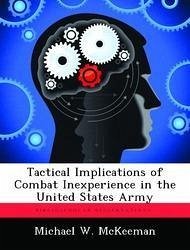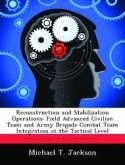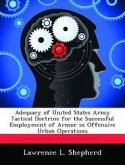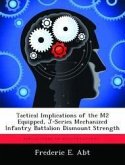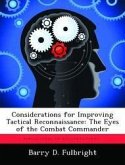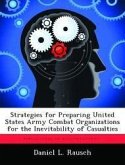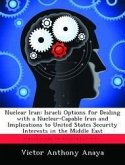As war veterans retire from the military, the U.S. Army transitions to a generation of soldiers with no combat experience. This monograph examines this phenomenon of combat inexperience and assesses the tactical implications for the Army. To consider the impact of combat inexperience on the outcome of battle, this monograph weighs the significance of combat inexperience against other factors which also affect a battle's final result. This monograph first reviews literature and research which address various factors influencing the outcome of battle. In each case - S.L.A. Marshall's 'Men Against Fire' ;, Samuel A. Stouffer's 'The American Soldier: Combat and Its Aftermath' ;, and Richard Holmes'; 'Arts of War'; - the monograph examines some of the characteristics of combat inexperience and how the soldier's consequent behavior affects a battle. The monograph discusses a number of common themes surrounding a soldier's conduct in war. Next, this monograph tests the literature and research by surveying three battles which occur at the outset of World War I, World War II, and the Korean War. The intent is to consider each battle in its historical context, to examine specific significant events in each battle, and to analyze the battles conduct and outcome in light of the literature and research previously reviewed. Finally, a series of conclusions and implications for the Army's future highlight the requirement to train the Army realistically for its combat mission. Although research suggests that combat inexperience is a factor in the outcome of battle, its significance must be considered in the context of several factors - doctrine, tactics, training, and leadership, among others. This monograph adds impetus to the importance of battle drills, standardization, and stressful leader development.
Hinweis: Dieser Artikel kann nur an eine deutsche Lieferadresse ausgeliefert werden.
Hinweis: Dieser Artikel kann nur an eine deutsche Lieferadresse ausgeliefert werden.

